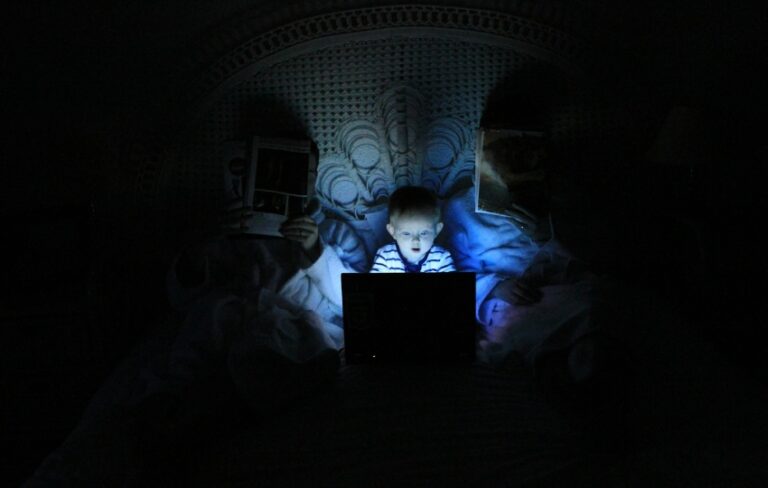RISE project national report for Finland addresses youth online behaviour and risks

The national report for Finland includes analysis of survey responses, desk research and interviews with experts regarding youth online behavior and the risks associated with the use of online social networks in Finland. Based on the analysis, it is clear that the use of online media poses many risks to young people, despite the high level of media education in Finland.
The national report for Finland for the project RISE – Action-Based Approach In Addressing And Mitigating Risks Of Young People In Online Social Networks (Project No 2021-1-RO01-KA220-YOU-000028688) includes analysis of the survey results conducted with youth, interviews with experts and desk research based on research reports, studies, academic and media articles on fake news and misinformation regarding youth online behavior and the risks associated with the use of online social networks in the post-COVID-19-era in Finland.
The respondents to the survey were 16-30-year-old young people in Finland. 68 responses to the survey were analysed for the purposes of the report. Based on the survey and research, young people face many risks regarding their online behavior. Many of the respondents (nearly 37%) had shared their personal data via online with unknown people, and nearly half (45%) of the respondents had shared intimate sexual content (photos or private information) with friends and partners online. 28% had also experienced phishing or online harassment and 20% had been victim of online bullying. In other surveys included in the research, this number was even higher (34%). Nearly 60% also use social media as the main source of information and news.
The desk research suggests that media education in Finland is on a fairly high level; Finland is at the top of the list of European countries deemed the most resilient to misinformation in schools, according to the Media Literacy Index, and media education is also supported by many government and third sector initiatives. The majority of young people in our survey had at least medium critical media reading skills (21% had high critical reading skills and 34% had medium critical reading skills), but there were still as much as 21% of young people who had low critical reading skills. This is a fairly large number considering how much time young people spend online (nearly every day).
According to the experts interviewed and the research conducted, it is clear that young people in Finland rely heavily on social media and such channels, not only for social connections but also for news and information, and schools should focus on teaching more about media literacy and online risks, especially related to social media use, and young people should be made more aware about the risks of online social networks and the possible consequences when sharing their personal information and making connections on social media.






![The Online Behavior of Young People in Romania, Its Associated Risks and Ways to Combat Them Research Report [Romanian & English]](https://the-rise-project.eu/wp-content/uploads/2023/05/The-Online-Behavior-of-Young-People-in-Romania-Its-Associated-Risks-and-Ways-to-Combat-Them-Research-Report-Romanian-English-768x488.jpg)